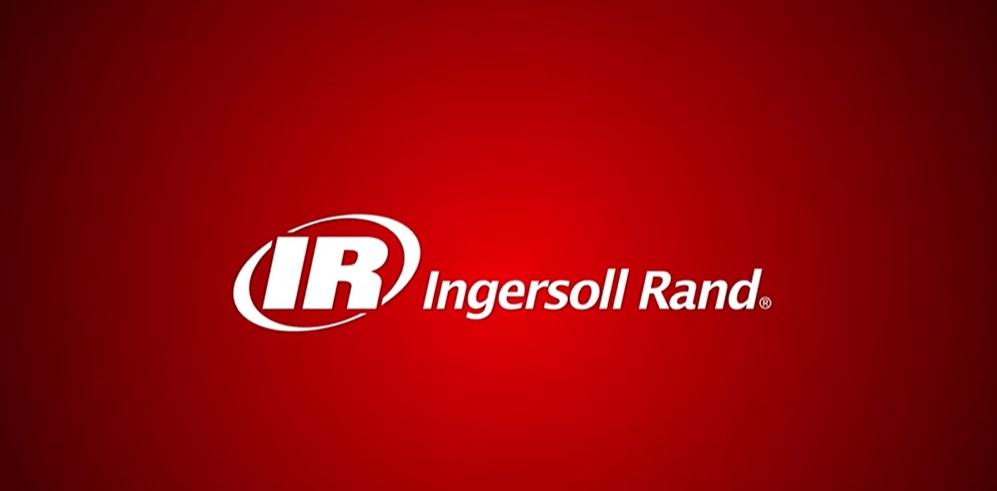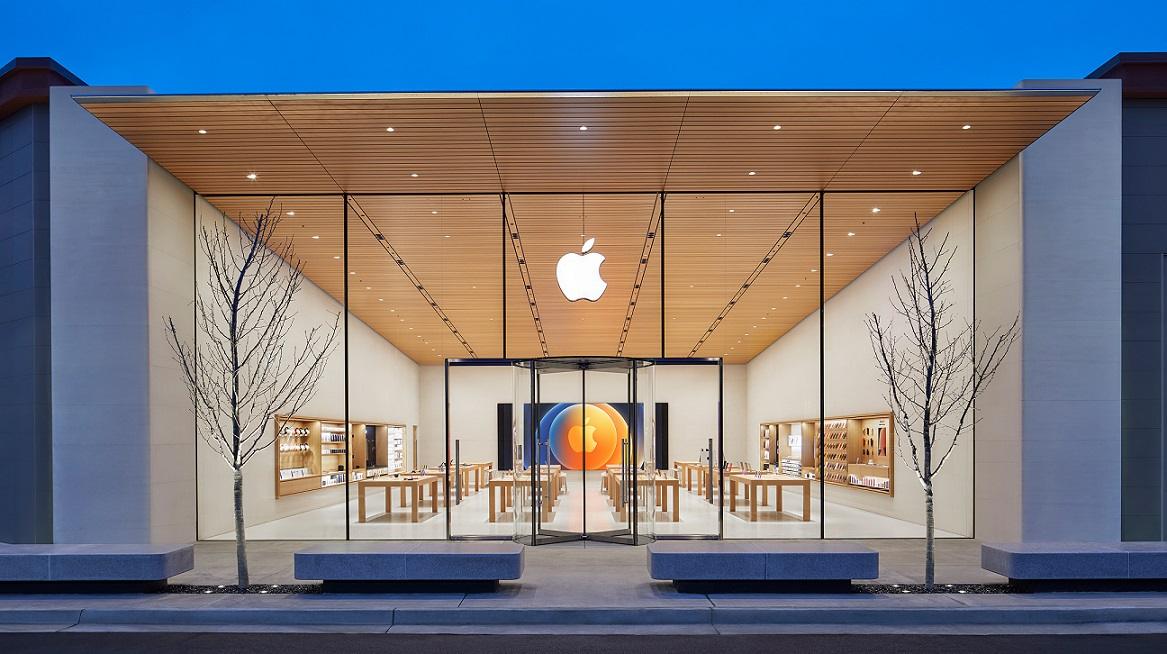Ingersoll Rand Launches DEI Goals, Aims to Increase Employment of Women and Underrepresented Talent
Mission-critical flow creation and industrial solutions company Ingersoll Rand (IR) announced today a series of new 2025 Diversity, Equity and Inclusion (DEI) goals, aiming to increase the hiring and retention of women and underrepresented talent, bolster growth and equal opportunity actions, and increase employees’ sense of belonging.
Vicente Reynal, Ingersoll Rand CEO, said:
“I am proud our value of fostering inspired teams is driving a culture that cultivates a sense of belonging, empowerment and respect for employees across the globe. I also recognize this is hard work and will take time. We continue to leverage the Ingersoll Rand Execution Excellence (IRX) IDM process to accelerate our DE&I growth objectives, as we do every other critical initiative in our company. We’re bringing the same intentionality and thoughtfulness to our culture that we bring to every other important part of our business, to ensure everyone can bring their most talented selves to work.”
The company’s new 2025 targets include goals to increase under-represented talent in the U.S. workforce to at least 30%, and global employment of women to at least 25%. The company also aims to increase “growth,” “equal opportunity” and “belonging” on employee engagement survey to top percentile ranking among all companies, and has pledged to build networks, mentoring and sponsorships.
Jenny Clemente, global director of Diversity, Equity and Inclusion at Ingersoll Rand, said:
“We know a company culture of belonging correlates with more positive career outcomes and heightened customer satisfaction and growth. To ensure that culture takes root, we strive to engage everyone in our efforts to build stronger global connections, advocate for positive change and pursue a more inclusive culture that sparks innovation, creativity and engagement from our employees.”
Ingersoll Rand’s new DEI initiatives follow the company’s recently launched environmental sustainability goals, including targets to achieve net zero greenhouse gas (GHG) emissions and 100% renewable energy use by 2050.





